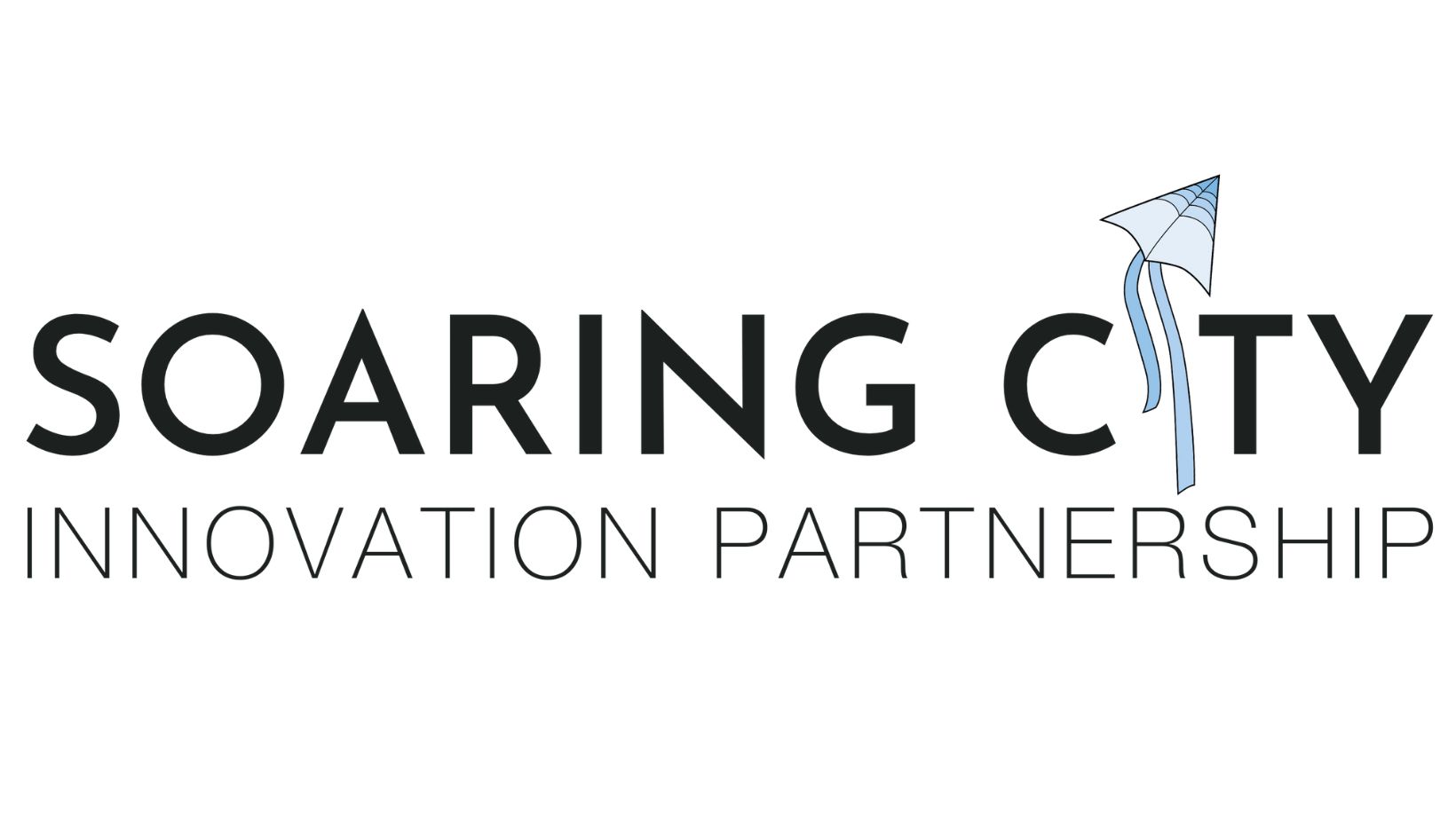How will America successfully bring manufacturing and production back to its shores at the very moment our working population is in decline?
Reading the news these days can be a real downer and an exercise in pain tolerance. For those with the stamina to plunge forward, it will make all the difference as individuals and businesses chart their course in the brave new digital world amid the collapse of globalization and declining workforce brought on by the pandemic, global lockdowns, war in Europe, and various other challenges.
Forty years ago, John Naisbitt published his blockbuster Megatrends: Ten New Directions Transforming Our Lives. He based his findings on a close reading of over 200 daily newspapers from across the US, and argued that for businesses to succeed, they needed a thorough understanding of the forces shaping our economic future. He analyzed the ten megatrends shifting America away from an industrial society toward one driven by knowledge and information.
Today, the shift appears to be away from global networks and “just in-time manufacturing” and toward a far more destabilized—if not Balkanized—economy. By this, I mean a world in which nations are responsible for making their own goods, growing their own food, and extracting their own raw materials—if they even have raw materials. This is a world that may be slower, costlier, and fraught with disruption.
So how does this work and what does it mean for your business? How will America successfully bring manufacturing and production back to its shores at the very moment our working population is in decline?
Elon Musk, among others, suggests that our workforce shortage will be made up of robots. Noah Smith recently penned in his widely read column, Noahpinion, that the answer is rapid automation. Writes Smith, “We’re going to need quite a lot of automation. Indeed, […] it will need robots to carry it forward.”
One way we’re seeing this is through AI, which continues to develop more and more sophisticated chatbots. A great example is GROW AI, led by Liziana Carter. What she and her team are building is potentially the future of the digital sales space. They are designing and building chatbots that simplify the online shopping process through interaction with e-commerce users via Facebook Messenger, Instagram, and WhatsApp. The chatbots are created and programmed with the client’s specific needs in mind, and are designed to enhance their sales and marketing efforts by collecting real-time data on what users are doing. This is removing the need for a human sales team and using AI as a sales generator.
AI is becoming increasingly complex and there are use cases beyond sales. For instance, Florida-based DeLorean AI has created the world’s first medical AI product to be biologically validated by third-party labs. The product has shown to accurately predict the onset, transition, and best next actions for chronic illnesses such as cardiovascular disease, kidney disease, diabetes, and end-stage renal disease, among others.
This circles all the way back to Naisbitt’s assertion that the information economy will replace manufacturing as the primary employer of humans, with robots taking on the hard, dirty work and humans managing the robots in countless ways. This means we will need more knowledge workers as soon as possible in metro areas across the country.
In Tampa, my team and I turned an old mall near the University of South Florida into RITHM— research, innovation, technology, habitat, and medicine. Recently, one of our key partners, the AMRoC FabLab, launched ROBOTICON at RITHM. Their mission is to bridge the manufacturing and industry talent gap through engineering. We are also working with the Boston Consulting Group to use the most advanced VR and AR technology to create a blue-collar tech-enabled workforce.
I recently connected with Tariq Bokhari, who serves as the executive director of the Carolina FinTech Hub.The joint venture—comprised of banks, tech companies, startups, and talent—provides tools and support for partners looking to build, learn, or grow in the field. The Carolina Fintech Hub is responsible for recruiting nearly 2,000 tech jobs and $450 million in new wealth creation over the last five years in Charlotte. They also launched the Meta Lab, a cohort analyzing the innovations of 99 companies from around the world solving the biggest business and social problems faced in Charlotte.
Tariq and I spoke about our shared passion for growing the workforce by upskilling our tech workforce from within at-risk communities.Approximately 24% of all African-American workers live in poverty. If we can begin to train the millions struggling to support themselves and their families by helping them become knowledge workers, we will have the ability to halt the slide in our workforce at a time when the demand for knowledge workers is booming.
These are but a few examples of how people and businesses are growing to meet the needs of a rapidly changing world order—one that is very different from what we are accustomed to, but one in which every person, no matter their educational attainment or current job skills, can make a difference.
Read more at https://www.fastcompany.com/90814605/rise-of-the-robots-ai-and-the-human-partnership
